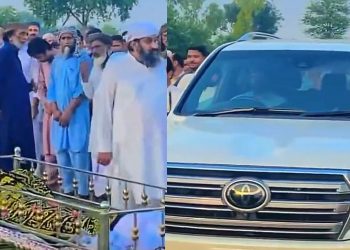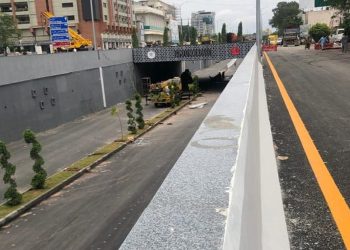ISLAMABAD: The Supreme Court (SC) took suo motu notice of delaying elections in Punjab and Khyber Pakhtunkhwa on Wednesday.
A nine-member bench was constituted. The hearing of the case, headed by Chief Justice Umar Ata Bandial will be held on Thursday (tomorrow) at 2 pm.
The bench comprises Justice Ijazul Ahsan, Justice Munib Akhtar, Justice Sayyed Mazahar Ali Akbar Naqvi, Justice Syed Mansoor Ali Shah, Justice Jamal Khan Mandokhail, Justice Yahya Afridi, Justice Athar Minallah and Justice Muhammad Ali Mazhar.
The CJP in a notice stated that two judges from the Supreme Court referred a matter to him on February 16, requesting suo motu proceedings. Additionally, there have been separate petitions filed in the apex court addressing the issue of postponed elections, as stated by the CJP in the notice.
CJP Bandial also noted that the Lahore High Court (LHC) has instructed the Election Commission of Pakistan (ECP) to promptly declare the date for Punjab’s polls, and the Punjab governor and the ECP have lodged appeals within the court, which are currently under consideration.
The KP governor had also not fixed a date for holding polls and a petition in this regard was pending before the Peshawar High Court, he added.
Read more: Balochistan minister Khetran arrested over Barkhan killings
“It seems to be the governor’s case that since he did not act on the advice tendered by the then-chief minister and made no order dissolving the assembly, he does not have the responsibility or authority to appoint the date for the general election. The election commission has, it appears, also taken the position that under the Constitution it has no authority to appoint the date for a general election, though it has categorically stated (as reported in the public media, both print and electronic) that it is fully committed to conducting the said election in accordance with the Constitution.”
In light of the above, the CJP said: “I am of the view that the issues raised require immediate consideration and resolution by this court. Several provisions of the Constitution need to be considered, as also the relevant sections of the Elections Act.
“In particular, the issues involve, prima facie, a consideration of Article 17 of the Constitution and enforcement, inter alia, of the fundamental right of political parties and the citizens who form the electorates in the Punjab and KP provinces to exercise their right to elect representatives of their choice to constitute fresh assemblies and provincial cabinets. This is necessary for [the] government in the two provinces to be carried on in accordance with the Constitution.



































